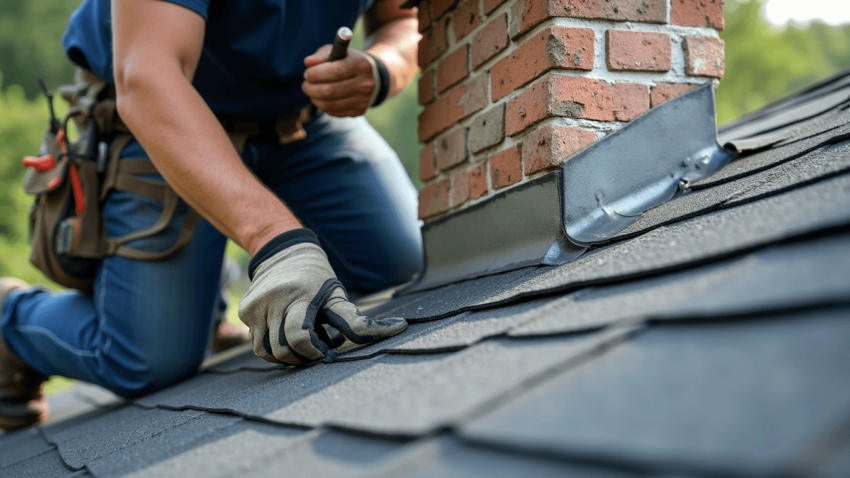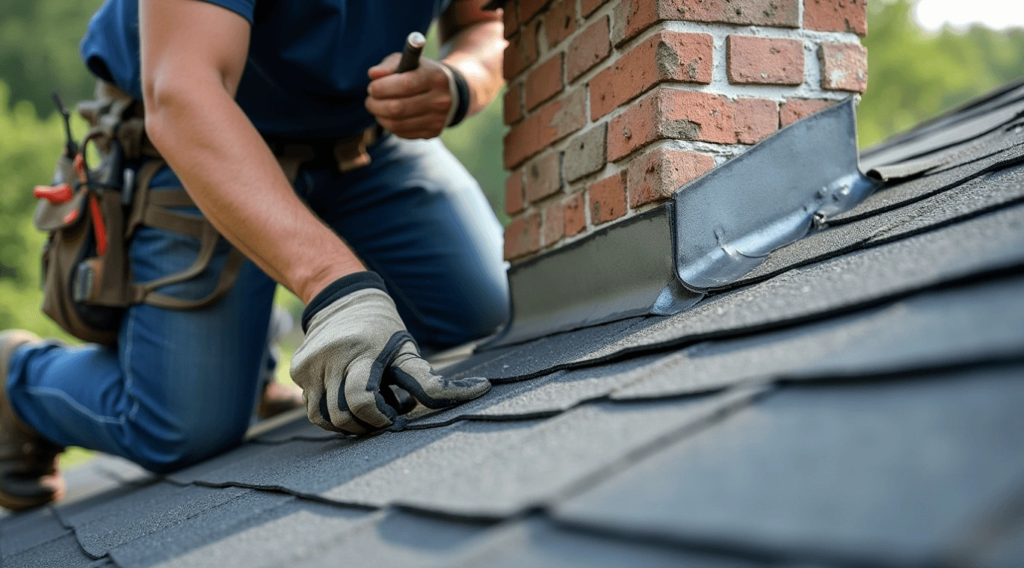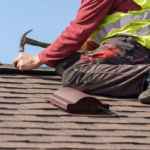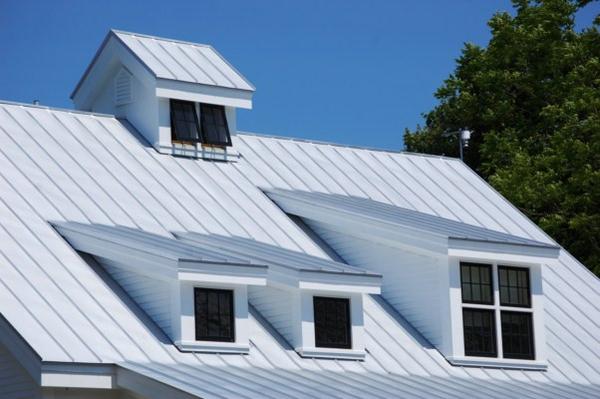
How to Handle Flashing Failures and Roof Ventilation Issues in Plano
Roofing systems are complex structures that rely on several components to keep your home safe from weather damage. Two of the most overlooked—yet critically important—parts are roof flashing and ventilation. If you’re a homeowner in Plano, Texas, ignoring issues in these areas can lead to costly repairs and serious interior damage. Here’s how to properly handle flashing failures and roof ventilation issues before they become major problems.

Content
What Is Roof Flashing and Why Does It Matter?
Roof flashing is typically made from thin metal and is installed around joints, valleys, chimneys, and skylights. Its job is to direct water away from vulnerable areas on your roof. When flashing becomes loose, rusted, or improperly sealed, it can lead to leaks, mold growth, and structural damage inside your home.
Common Signs of Flashing Failure
- Water stains on ceilings or walls
- Visible gaps or lifted flashing around roof joints
- Dripping in the attic after rainstorms
- Mold or mildew near chimney or vent penetrations
In Plano’s unpredictable weather—ranging from heavy rain to hail—these problems can escalate quickly. That’s why routine roof inspections are essential.
The Role of Roof Ventilation in Home Health
Proper roof ventilation allows hot air and moisture to escape from your attic. Without it, Plano homes can suffer from:
- Excess heat buildup in summer (raising cooling costs)
- Moisture condensation in winter (leading to wood rot or mold)
- Shingle deterioration due to trapped heat
- Ice dam formation during colder months
Ventilation issues are often hidden and can go unnoticed until significant damage occurs. That’s why it’s crucial to ensure your intake and exhaust vents are properly installed and unblocked.
How to Fix Flashing and Ventilation Issues
If you suspect a problem, here’s what to do:
- Schedule a Professional Roof Inspection
Have a licensed roofing expert evaluate your roof’s flashing and ventilation systems. Look for companies with local experience in handling Plano’s unique climate challenges. - Replace or Seal Damaged Flashing
Small cracks or lifted sections can sometimes be resealed with roofing cement, but full replacements are often necessary for long-term durability. - Improve or Retrofit Ventilation
This could mean adding ridge vents, soffit vents, or even powered attic fans depending on the size and slope of your roof. - Prevent Future Damage
Routine maintenance—including clearing debris, checking caulking, and ensuring air flow—can help prevent both flashing and ventilation issues.
Why Hire a Local Expert?
Dealing with Texas-specific roofing challenges—like sudden hailstorms, scorching summers, and high winds—requires local knowledge. If you’re looking for trusted, high-quality roofing Plano TX services, consider working with professionals who understand the area and offer a full range of services from repairs to full roof replacements.
Final Thoughts
Flashing and ventilation might not be the most visible parts of your roof, but they are essential to its longevity and performance. Homeowners in Plano should be proactive about inspections and work with reliable roofing professionals to handle these critical issues. By addressing small problems early, you can save yourself from bigger, costlier repairs down the road.

My name is Wilson Michel. I post about home improvement ideas and how to make your home look beautiful and liveable. I hope my posts will help you with your DIY projects!






Leave a Reply